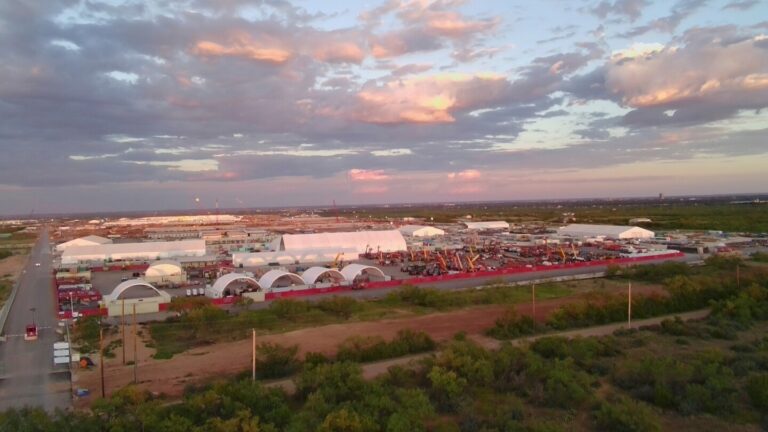Concerns Grow Over AI Investment Bubble Amid Economic Promises
LONDON (AP) — Doubts are emerging regarding the economic potential of artificial intelligence technology, capturing the attention of financial institutions which have recently issued warnings about a potential AI investment bubble.
Financial Institutions Raise Alarm
This week, officials from the Bank of England highlighted an increasing risk of a crash in technology stock prices that have been buoyed by the AI boom. In their statement, they noted, “The risk of a sharp market correction has increased.”
Global Market Sentiments
The head of the International Monetary Fund (IMF), Kristalina Georgieva, echoed these concerns shortly after the Bank of England’s report. Despite the recent surge in global stock prices, driven by optimism about the productivity-boosting potential of AI, she cautioned that financial conditions could “change abruptly” before the organization’s upcoming annual meeting in Washington.
Identifying an AI Bubble
Assessing the current market, Adam Slater, a senior economist at Oxford Economics, suggested that identifying bubbles can be challenging. However, he pointed to symptoms of a bubble, including rapid growth in tech stock prices and elevated stock valuations that seem too stretched. Currently, tech stocks comprise about 40% of the S&P 500, prompting concerns about extreme optimism surrounding AI technologies.
Divergent Predictions on AI’s Impact
Projections regarding the economic impact of generative AI vary widely. Optimistic estimates suggest significant annual productivity gains not observed since Europe’s post-World War II reconstruction. Conversely, MIT economist Daron Acemoglu foresees only modest productivity gains in the U.S. over the next decade, illustrating the uncertainty surrounding AI’s long-term effects.
Investor Skepticism Towards Major AI Firms
Investors have been keenly monitoring recent deals among major AI developers like OpenAI, which has reached a market valuation of $500 billion despite not being profitable. OpenAI has secured significant partnerships with chipmaker Nvidia and tech giant Oracle, yet stock market valuations for AI-related companies appear to be at levels comparable to the peak of the dotcom bubble in 2000, raising concerns about sustainability.
Reflections from Industry Leaders
Tech leaders, such as Amazon founder Jeff Bezos, downplayed fears about a financial bubble, suggesting that the current AI boom represents an industrial bubble with potential societal benefits. While the surge in funding presents challenges for investors in discerning quality ideas from poor ones, Bezos expressed optimism about future innovations arising from this industrial wave.
Looking Ahead: The Future of AI Technologies
Nvidia CEO Jensen Huang highlighted that while OpenAI currently lacks sufficient revenue to purchase chips, they expect to raise necessary funds through growing revenue and investment. As AI evolves, industry leaders are shifting focus from less useful chatbots to systems capable of deeper reasoning and providing practical solutions, positioning AI technologies for meaningful advancements in various sectors.
In conclusion, while the promise of AI technologies is compelling, the bubbling investments pose risks that could threaten global markets. As analysts remain cautious, the unfolding narrative around AI will inevitably shape future economic landscapes.

